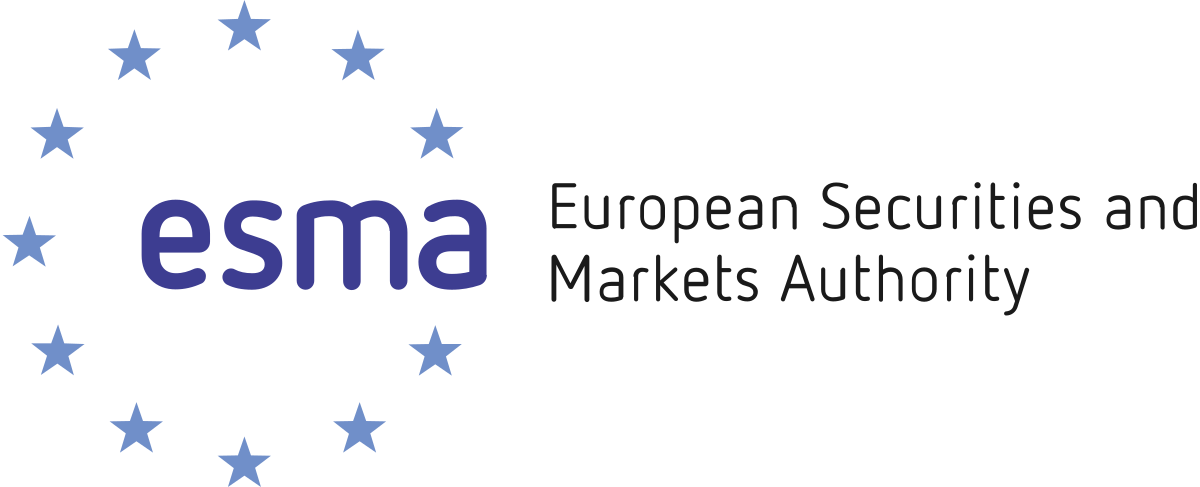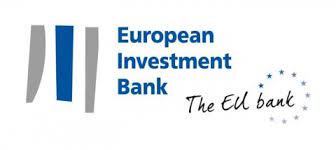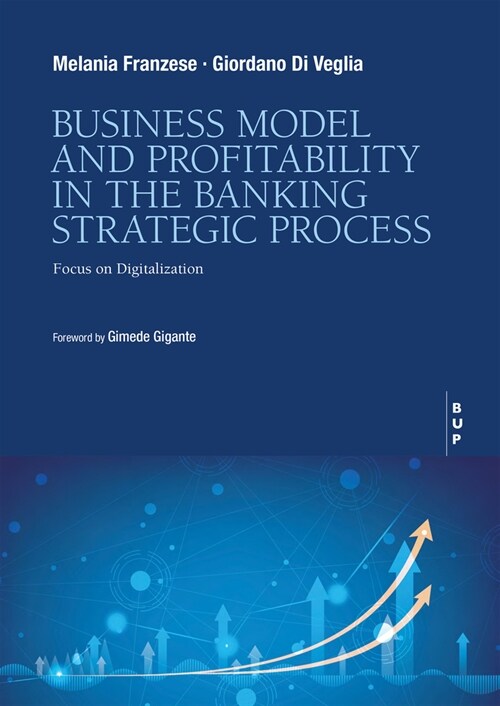Gone are the days when organisations could simply promise a speak up culture. Today, fostering a culture of trust, integrity, and a positive work environment…
Download whitepaperJudicial experts discuss latest trends in cybercrime and support to victims of malware
Judicial experts and practitioners in the field of cybercrime will focus on new trends in their domain and how to tailor investigations, during the 10th Plenary Meeting of the European Judicial Cybercrime Network (EJCN), which takes place today and tomorrow. The EJCN Plenary, hosted by Eurojust in an online format, will also give special attention to supporting victims of cybercrime. One of the particular topics in this regard is the recent taking down of the Emotet malware bot in a major cross-border operation with support from Eurojust and Europol. Continue reading…
Crypto and tulip mania
by Michel Klompmaker
It was coming. Another crypto scandal. Now two South African brothers seem to have run off with 69,000 bitcoins from customers who had entrusted their money to Africrypt. This amounts to several billion euros. The two brothers had founded their company in 2019 in Johannesburg. As usual in this market, they promised high returns and they targeted high net worth individuals. Last April, there was a glitch in which customers were warned that the company had been hacked and that online crypto wallets were at risk. Let’s go back to the seventeenth century just to be sure. How did it come to sit with the tulips again? Continue reading…
ESMA registers European DataWarehouse GmbH and SecRep B.V. as Securitisation Repositories
The European Securities and Markets Authority (ESMA), the EU’s securities markets regulator, has approved the registrations of the first two securitisation repositories (SRs) under the Securitisation Regulation (SECR). The registration decisions will become effective on 30 June 2021. The following entities are registered as SRs for the European Union: European DataWarehouse GmbH based in Germany; and SecRep B.V. based in the Netherlands.
Continue reading…
EBA proposes to further harmonise EU law applicable to branches of third country credit institutions
The European Banking Authority (EBA) has recently published a Report on the treatment of incoming third country branches (TCB) under the national law of Member States. The Report, which is addressed to the European Parliament, the Council and the Commission, illustrates the results of a stock-taking exercise conducted with competent authorities about their national regulatory law/regulations and supervisory practices and a mapping of the TCBs established in the Member States. Considering the increased volume of activities carried out by TCBs in a context of regulatory fragmentation across the EU, the Report lays down 14 high-level policy recommendations for further harmonisation of EU law. Continue reading…
ESMA publishes its 2020 Annual Report
The European Securities and Markets Authority (ESMA), the EU’s securities markets regulator, has published its Annual Report, which reviews its achievements in 2020 against its priorities and objectives in meeting its mission of enhancing investor protection and promoting stable and orderly financial markets in the European Union. The Report provides an overview of the work carried out by ESMA in 2020, following the entry into force of the revised ESMA Regulation and the amendments to the European Market Infrastructure Regulation (EMIR 2.2), updating ESMA’s governance and introducing new mandates for the organisation, which are shifting ESMA’s focus towards supervisory convergence. In addition to fulfilling its mandates, ESMA had to respond to the combined effects on financial markets of the COVID-19 pandemic and the United Kingdom’s withdrawal from the European Union. Continue reading…
Sentences for Belgian suspects in fipronil egg contamination case
The Belgian court of Antwerp has recently sentenced three suspects in the so-called fipronil egg contamination case to prison sentences ranging from one year effective to 18 months suspended for endangering public health. The court awarded millions of EUR in of damages to the civil parties as well. In April this year, two Dutch suspects were sentenced to one year in prison for the illegal sale of the potentially harmful insecticide fipronil to poultry farms. Eurojust assisted with investigations into the case in 2017 and provided assistance in setting up and operating a joint investigation team (JIT) between Belgium and the Netherlands, to support judicial action against the suspects. Continue reading…
3rd Compliance and Technology Conference to be held on July 6 & 7 in Paris
With 252 registered in September 2020 and 322 registered in May 2019, the Institut du Risk & Compliance is pleased to announce the 3rd edition of their Compliance and Technology Conference. The event will take place on July 6 and 7, 2021 at the stunning 5-star Hotel Marriott Champs Elysées in Paris, France. This conference will center on themes that surround “Compliance & Technology”, which will also be complemented by conferences, round tables and workshops to discuss best practices. The Risk & Compliance Platform is also a major sponsor and will take part in this conference. Continue reading…
FCA research reveals increase in cryptoasset ownership
Research published by the FCA estimates that 2.3 million adults now hold cryptoassets (up from 1.9 million last year). 78% of adults have now heard of cryptoassets, up from 73% in a year. The consumer research shows that as holding cryptoassets has become more common attitudes to them have changed. 38% of crypto users regard them as a gamble (down from 47% last year), while increasing numbers see them as either a complement or alternative to mainstream investments. By contrast, the level of overall understanding of cryptocurrencies is declining, suggesting that some people who have heard of crypto may not fully understand, with only 71% correctly identified the definition of cryptocurrency from a list of statements. Continue reading…
Commission proposes a Joint Cyber Unit to step up response to large-scale security incidents
The Commission is today laying out a vision to build a new Joint Cyber Unit to tackle the rising number of serious cyber incidents impacting public services, as well as the life of businesses and citizens across the European Union. Advanced and coordinated responses in the field of cybersecurity have become increasingly necessary, as cyberattacks grow in number, scale and consequences, impacting heavily our security. All relevant actors in the EU need to be prepared to respond collectively and exchange relevant information on a ‘need to share’, rather than only ‘need to know’, basis. First announced by President Ursula von der Leyen in her political guidelines, the Joint Cyber Unit proposed today aims at bringing together resources and expertise available to the EU and its Member States to effectively prevent, deter and respond to mass cyber incidents and crises. Cybersecurity communities, including civilian, law enforcement, diplomatic and cyber defence communities, as well as private sector partners, too often operate separately. With the Joint Cyber Unit, they will have a virtual and physical platform of cooperation: relevant EU institutions, bodies and agencies together with the Member States will build progressively a European platform for solidarity and assistance to counter large-scale cyberattacks.
Continue reading…















Anyone who wants to become acquainted with the basic principles of the Kabbalah and with their own wishes in an accessible manner has come to …
Continue reading…